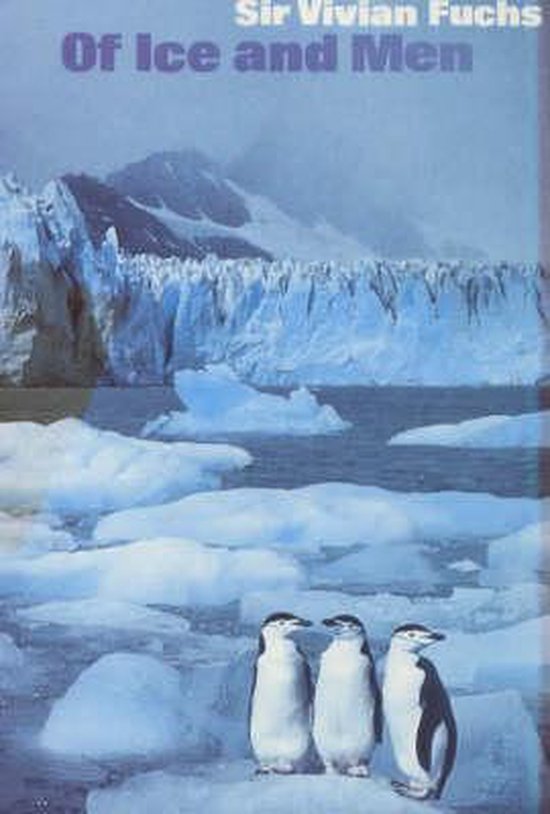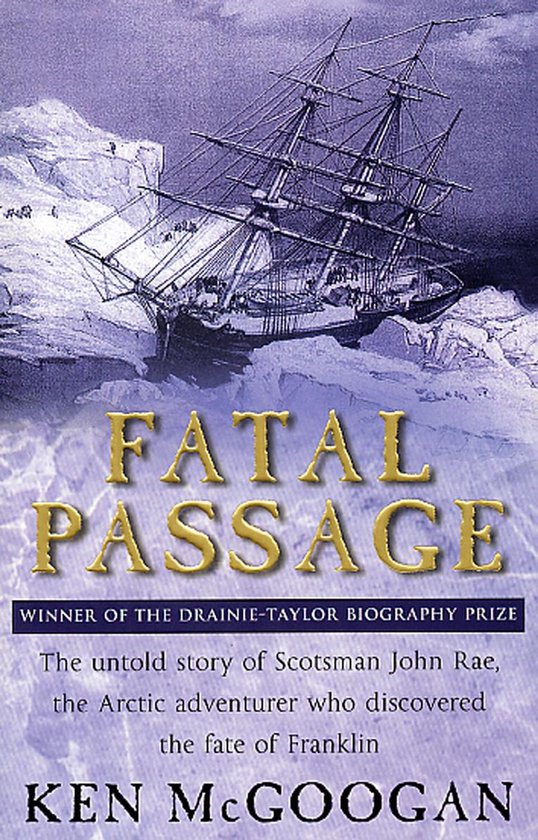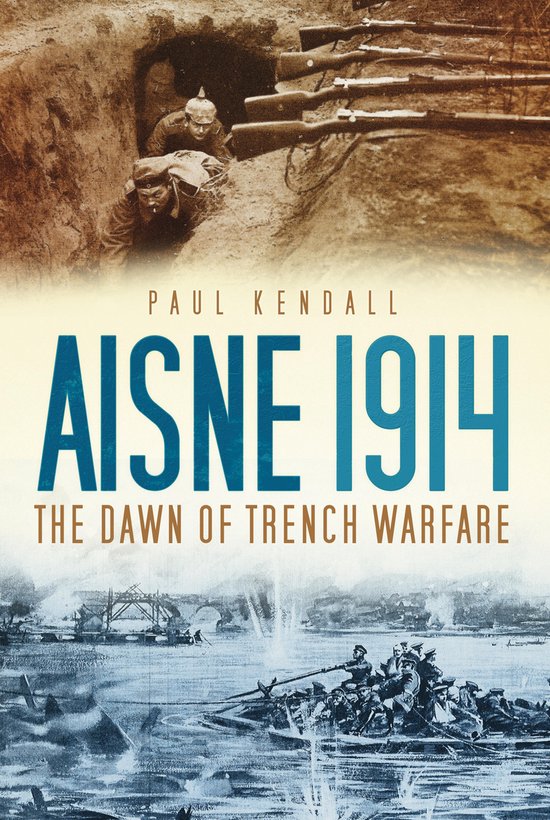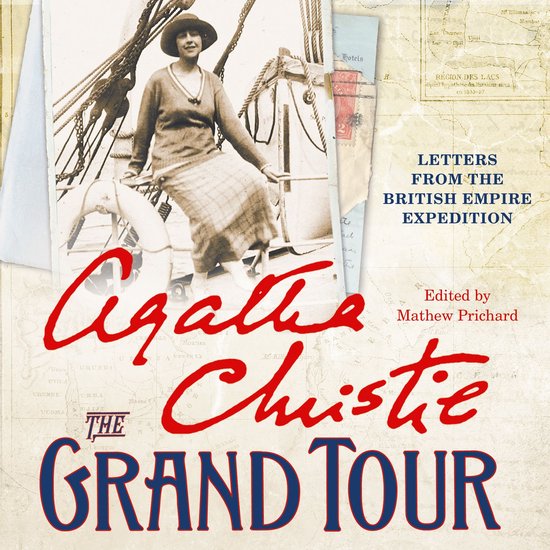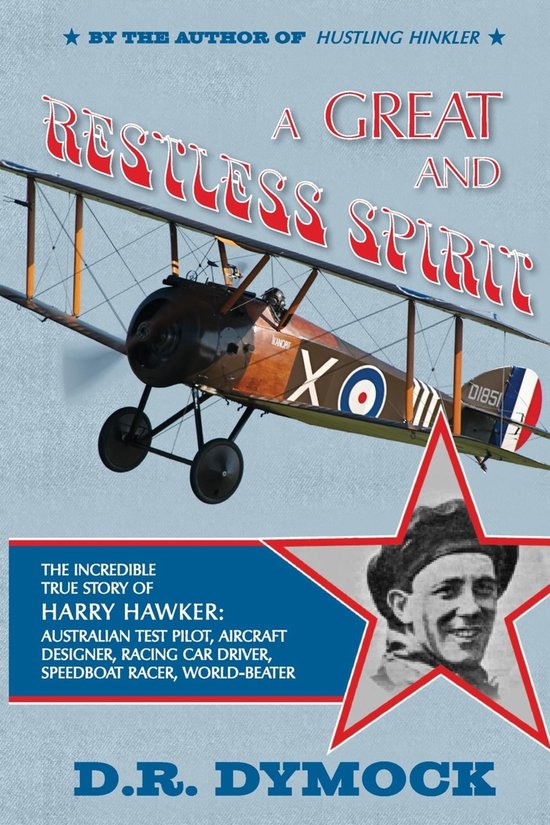
The Crossing
The definitive account of Sir Vivian Fuchs and Sir Edmund Hillary's Trans-Antarctic Expedition, completed 60 years ago this year.
The Trans-Antarctic Expedition of 1953-58 organised and led by Sir Vivian Fuchs and supported by Sir Edmund Hillary was one of the most extraordinary exploits ever undertaken in Antarctica - but it has been underappreciated. On the sixtieth anniversary of the crossing, this book tells the complete story of this remarkable episode in the history of exploration. The Crossing is illustrated with photographs from the Royal Geographical Society, with the kind permission of Mary Lowe, widow of expedition photographer George Lowe, and from Peter and Sarah Hillary and the Auckland War Memorial Museum. Sir Ernest Shackleton had tried unsuccessfully to cross the Antarctic in 1914. He called it the Last Great Journey, but he and his men escaped by the skin of their teeth. The new post-war expedition was therefore, with knowledge of what had gone before, a brave attempt to conquer the vast frozen continent. For this historic endeavour, planning had to be done at opposite ends of the Earth, in the UK and New Zealand, and members of the expedition were drawn from the Commonwealth. The plan was meticulous but flawed, and the stakes were high: national, political and scientific interests all depended on its success. John Knight's account shows how the expedition was organised, from the scientific insight it relied on, to the voyage to Antarctica and the choice of the largely mechanised transport intended to carry the men across the ice desert - though the courageous dog teams would be crucial as pathfinders. Survival at times was touch and go, and controversies arose amid the pressure of the journey. This book not only provides a technical insight into a ground-breaking venture but touches on the human aspects of the challenge. Crucially, did Ed Hillary exceed his remit by pushing on south, when his specific instructions were to establish depots for ‘Bunny’ Fuchs’s journey, not to engage in a ‘Second Race to the Pole’? The Crossing charts a unique event in postwar history.
The Trans-Antarctic Expedition of 1953-58 organised and led by Sir Vivian Fuchs and supported by Sir Edmund Hillary was one of the most extraordinary exploits ever undertaken in Antarctica - but it has been underappreciated. On the sixtieth anniversary of the crossing, this book tells the complete story of this remarkable episode in the history of exploration. The Crossing is illustrated with photographs from the Royal Geographical Society, with the kind permission of Mary Lowe, widow of expedition photographer George Lowe, and from Peter and Sarah Hillary and the Auckland War Memorial Museum. Sir Ernest Shackleton had tried unsuccessfully to cross the Antarctic in 1914. He called it the Last Great Journey, but he and his men escaped by the skin of their teeth. The new post-war expedition was therefore, with knowledge of what had gone before, a brave attempt to conquer the vast frozen continent. For this historic endeavour, planning had to be done at opposite ends of the Earth, in the UK and New Zealand, and members of the expedition were drawn from the Commonwealth. The plan was meticulous but flawed, and the stakes were high: national, political and scientific interests all depended on its success. John Knight's account shows how the expedition was organised, from the scientific insight it relied on, to the voyage to Antarctica and the choice of the largely mechanised transport intended to carry the men across the ice desert - though the courageous dog teams would be crucial as pathfinders. Survival at times was touch and go, and controversies arose amid the pressure of the journey. This book not only provides a technical insight into a ground-breaking venture but touches on the human aspects of the challenge. Crucially, did Ed Hillary exceed his remit by pushing on south, when his specific instructions were to establish depots for ‘Bunny’ Fuchs’s journey, not to engage in a ‘Second Race to the Pole’? The Crossing charts a unique event in postwar history.
| Auteur | | John Knight |
| Taal | | Engels |
| Type | | Hardcover |
| Categorie | | Biografieën & Waargebeurd |
